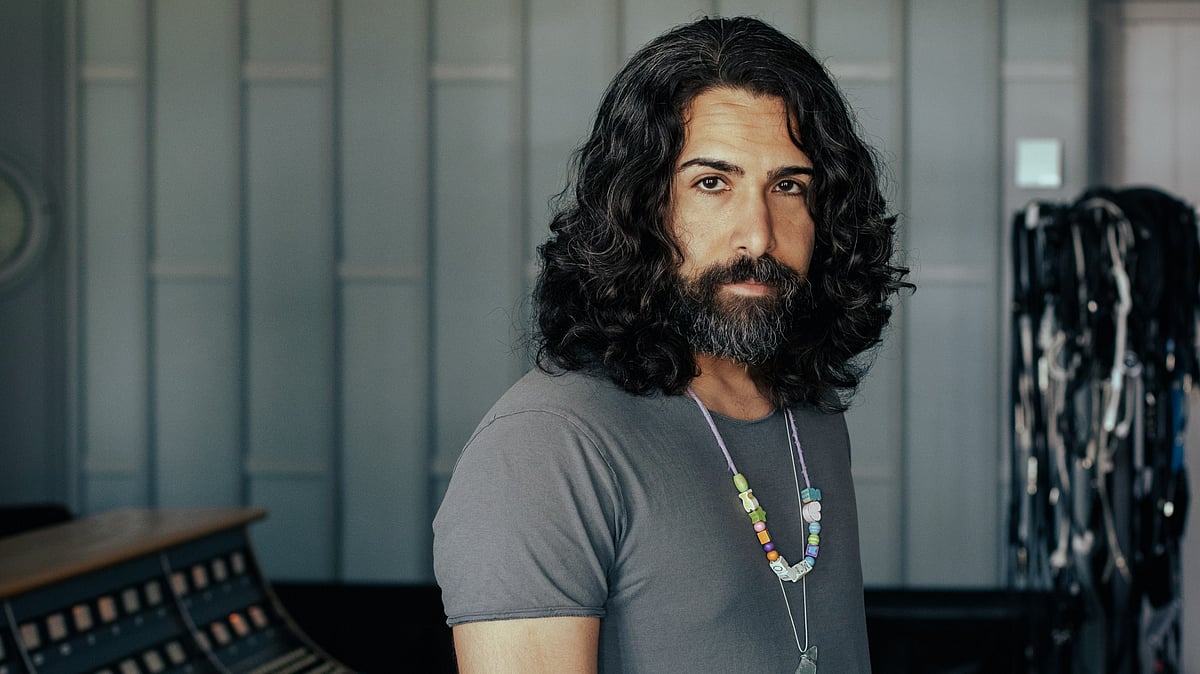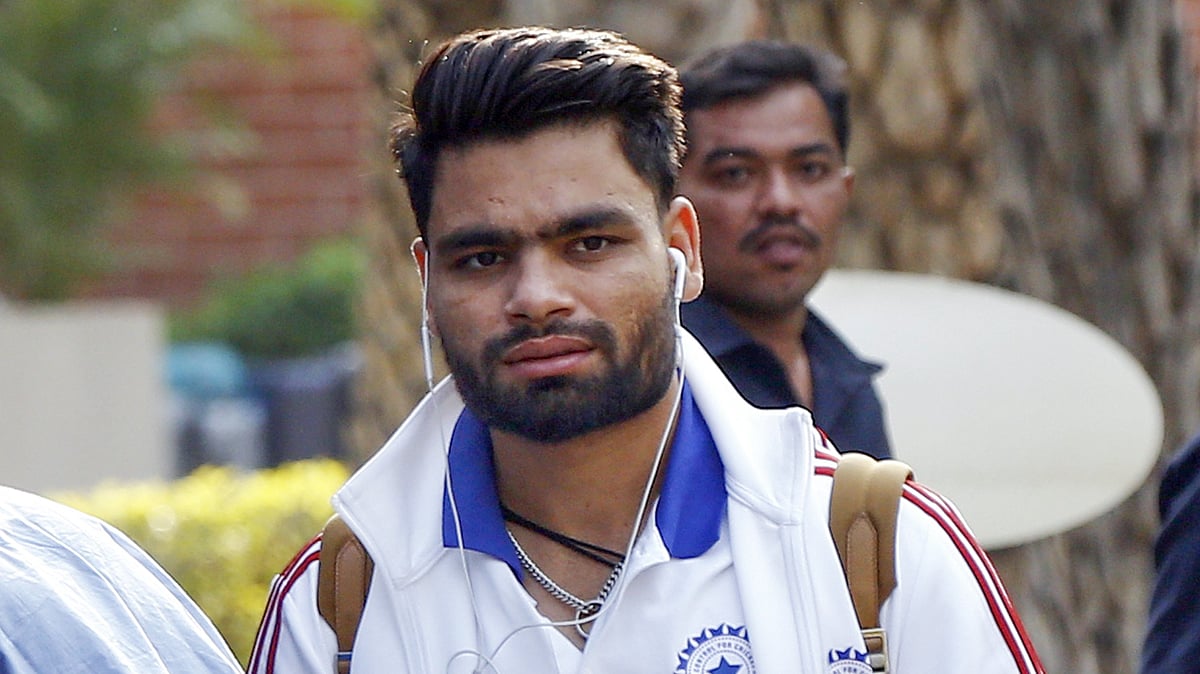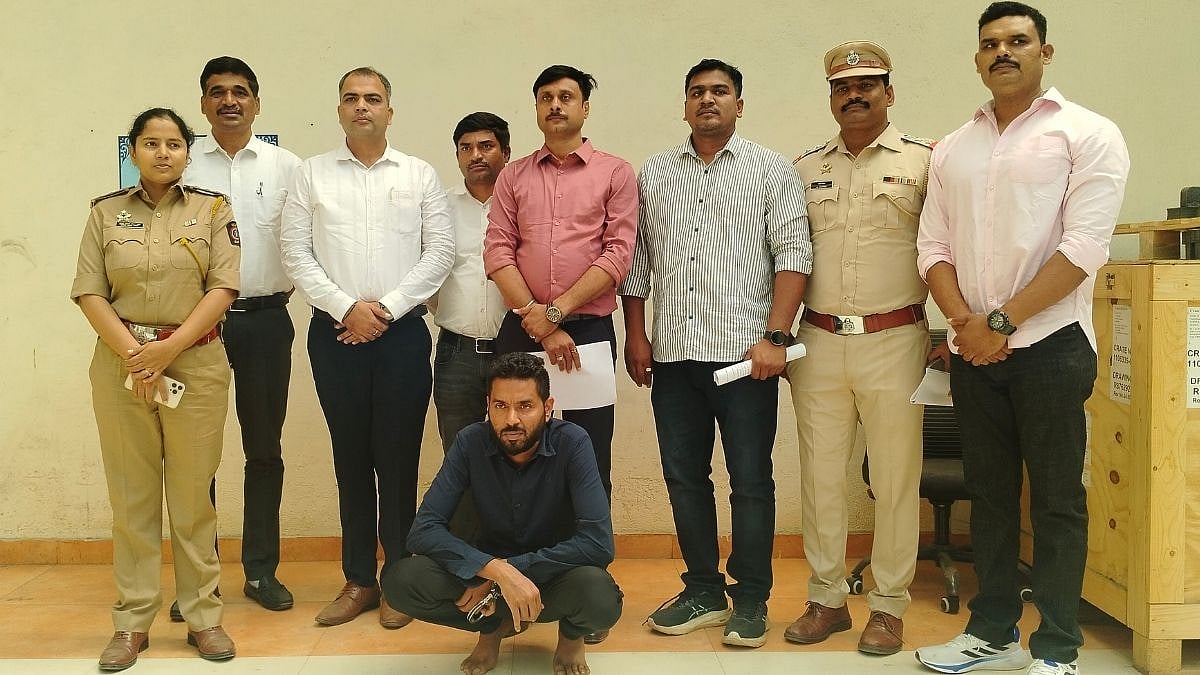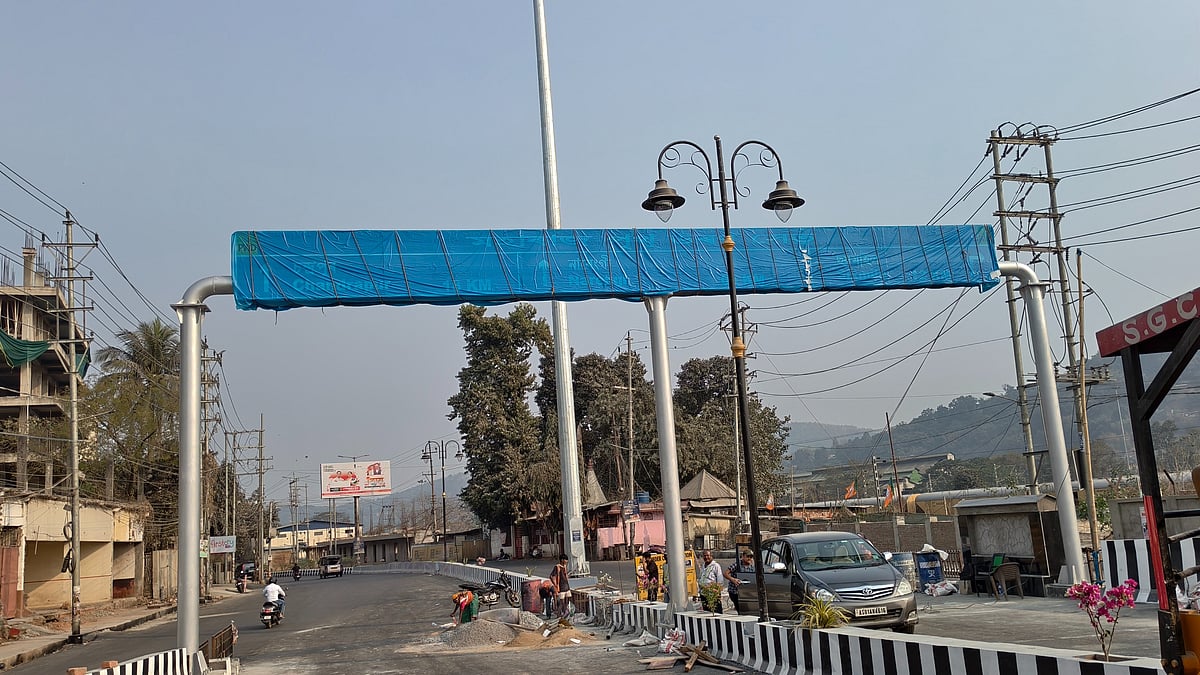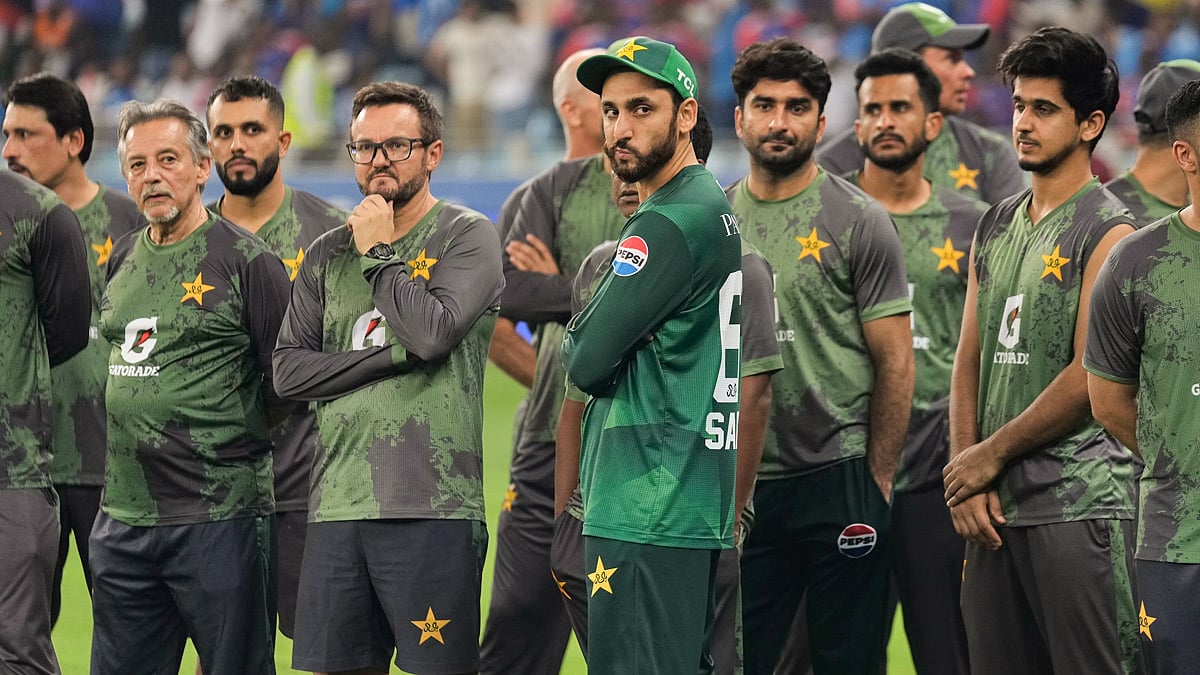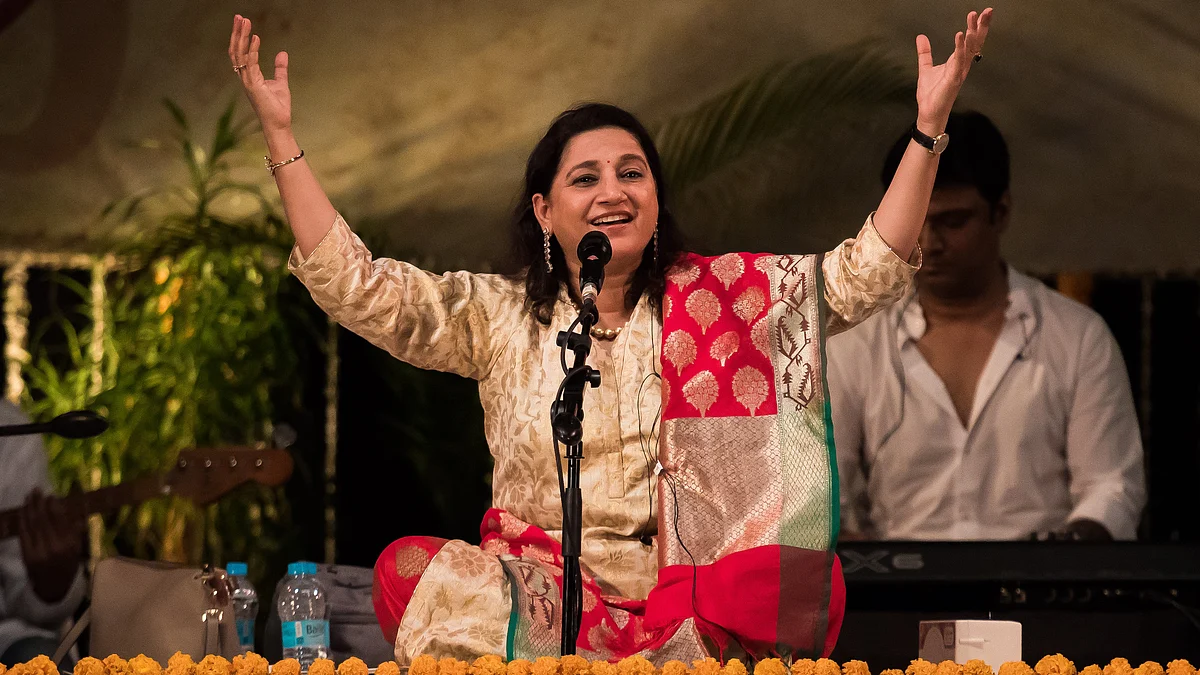For those who grew up on a slew of international boy bands in the 1990s and early 2000s, the trend hasn’t changed much in India either. India has had boybands like A Band of Boys (ABOB), more recently First5, to a mix group band AASMA, an all girl band VIVA and W.I.S.H. While the boy band format is a bit different here when it comes to music and dance, there have been many Indian boy bands that have come and gone and left their imprint.
Recently, following a nation-wide talent hunt, thousands of auditions and a boot camp in Goa, international record producer and songwriter Savan Kotecha, famous for his work with Ariana Grande, The Weeknd, One Direction and more recently on Ed Sheeran’s smash hit ‘Sapphire’, ignited a new Indian boyband between the ages of 17 to 22 that goes under the name OutStation.
The Indian-American of Gujarati descent, is a 17-time Grammy nominee, Oscar and Golden Globe nominee, and the recipient of multiple Billboard Music Awards, BMI Awards, and ASCAP Awards. Kotecha’s imprint label Visva Records India, formed the band OutStation, in partnership with Republic Records and Universal Music India.
Comprising of five exceptional young talents from across India's vast geography, you have Bhuvan Shetty, 22, from Udupi; Hemang Singh, 20, from Prayagraj; Mashaal Shaikh, 21, from Goa; Kurien Sebastian, 20, a Malayali from Delhi; and Shayan Pattem, 17, an army kid from Hyderabad. While the band hasn’t yet brought out any music, once they get into the studio and release their music, Kotecha is all set to make them - India’s band.
Kotecha shares his journey on the formation of the band, his idea for the Indian market, the music he plans to bring to the table and also his work on Ed Sheeran’s Sapphire.
Excerpts from the interview:
What sparked the idea to form a boyband?
It’s something I’ve always wanted to do. And now that I’m at a place in life where I feel grounded and happy with what I’ve accomplished so far, I knew this had to be the next mountain to climb. India has so much talent and such a massive youth population, there needs to be more representation of that. Young people here deserve to see themselves become stars by using their talent. Hopefully, that inspires others as well. Pop culture is youth-driven, and I truly believe it’s time for India to have a youth-driven group.
Who is the band intended to appeal to, and why?
I touched on it above, but I really believe that for India to compete globally in music, its youth need to be engaged, especially in non-film music, which has historically been youth-driven. I want this band to appeal to everyone, of course, but especially to India’s young people so they can see themselves in OutStation.
What was the criteria/selection process when choosing these boys from different cities?
It was charisma and talent. We also made sure that they had a strong work ethic and that they were relatable. And importantly, we wanted the band to represent all of India, not just be city-centric. That diversity was essential.
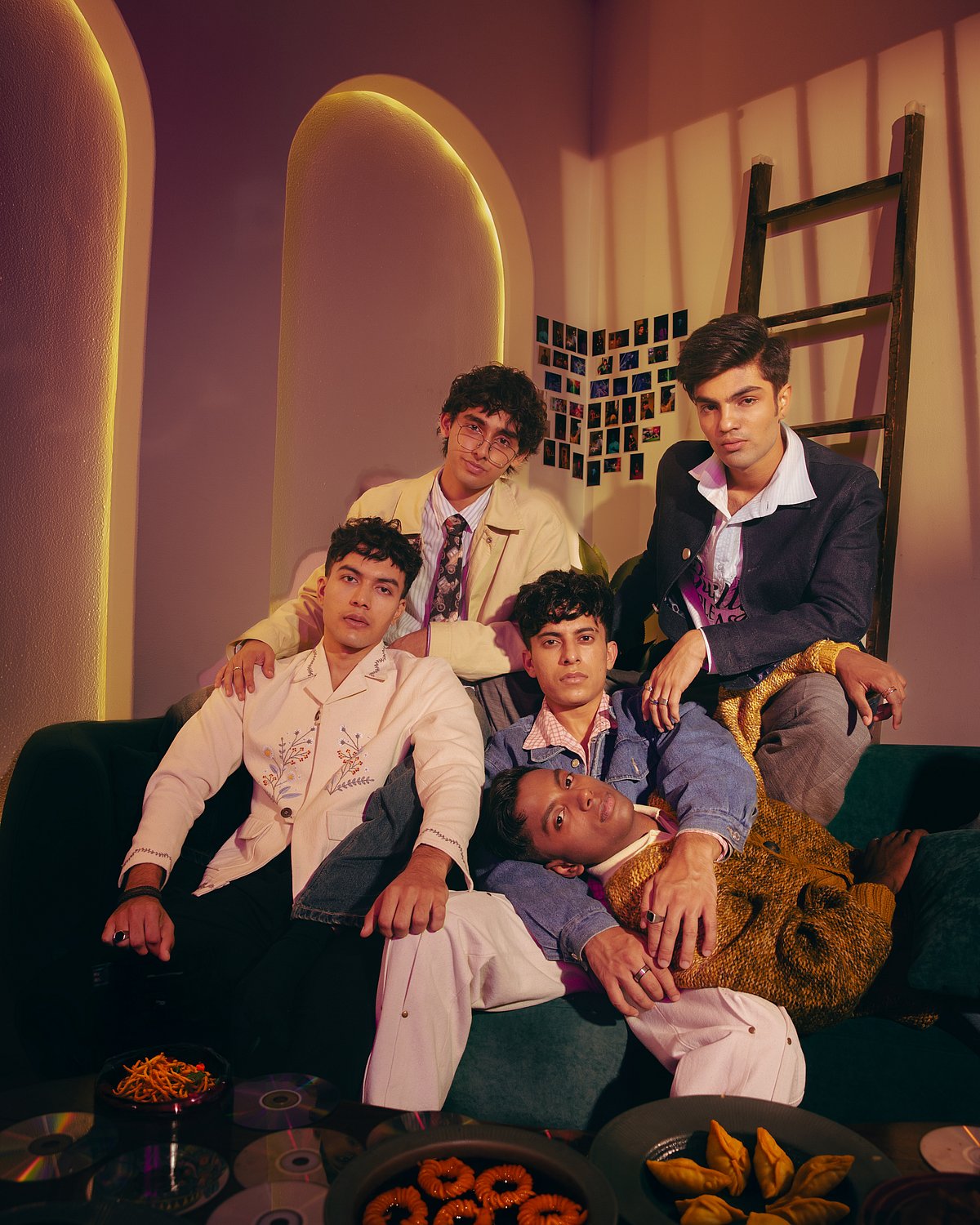
How were individual personalities and strengths balanced within the group dynamic?
We’ve got a great mix, so some are funny, some more serious or sensitive, but they all support each other. During our boot camp in Goa in February this year, it became clear that these five weren’t just talented, but had a natural bond. They’re like brothers already, and that chemistry is crucial.
While recording may be in progress, what language will the songs be in?
We’re starting with Hindi, and might explore their local languages down the line as well.
What music genre do you plan to explore with the band, and are there any Indian artists you hope to collaborate with?
It’ll definitely be pop music. I don’t want to reveal too much about collaborations yet, but we’ll be working with some of the best writers India has to offer.
Will you retain ownership of the band, and what kind of creative control will you have?
It’s a shared vision between myself, the band, their management at Represent, and our partners at Universal Music. We all bring something to the table creatively and strategically.
What kind of freedom will the band members have when it comes to making music, releasing it, and doing live concerts?
They’ll play a big role in all of that. It has to feel authentic to them. I’ll guide them and share my experience, but ultimately, it’s their journey.
This is your first time forming a boyband. How has the process affected you personally and professionally?
It’s the first time I’ve done something like this as the leader of the project, and I am loving it. My family’s excited too. It’s been a challenge, sure, but incredibly fulfilling. It’s a beautiful moment where my work in pop music and my identity as a proud Gujarati Indian come together.
So what challenges did you face while forming this boyband?
One of the main challenges was finding enough teens outside the major cities. Something like this, at this scale and for this age group, hasn’t really been done in India, or at least not in a long time. But we’ve got a great team, and we made it work.
How did you come up with the name OutStation? Is there a story behind it?
We asked the band and the team to come up with names that felt right, and then tested them with the amazing fan base that’s already forming. OutStation just stuck. It felt meaningful and unique.
You’ve worked with the best in the business — and recently co-wrote and co-produced Ed Sheeran’s Azizam and Sapphire. Tell us about that experience and the Indian artists you worked with on those songs.
We were lucky to work with some of the best instrumentalists in India, honestly, too many amazing names to mention. And of course, Arijit, who to me is one of the greatest singers and human beings in the world. That collaboration was truly special.
What are your hopes and dreams for OutStation and the band’s long-term goals?
I want OutStation to be India’s band. I hope they’re embraced by the youth and make people proud of their country and the talent it holds. More than anything, I hope they inspire other young people to chase their musical dreams too.
What’s your take on the independent music scene in India?
It’s got so much promise, but I think it needs to be more youth-driven and star-driven. That’s a big part of what we’re aiming to do at Visva Records.
